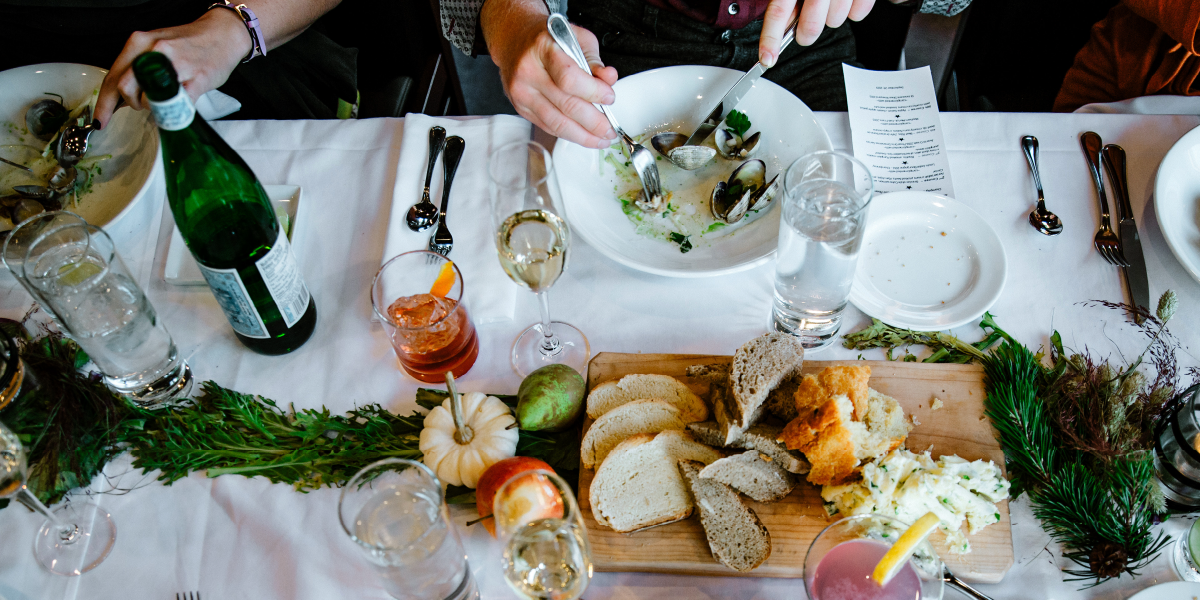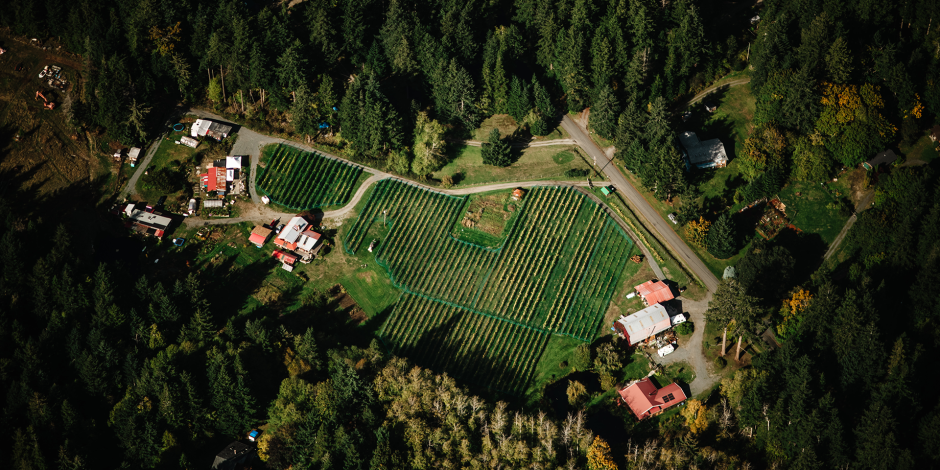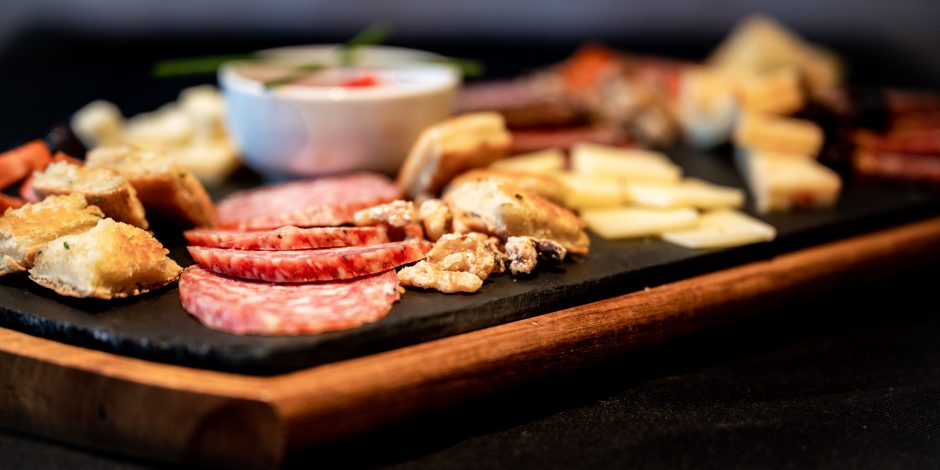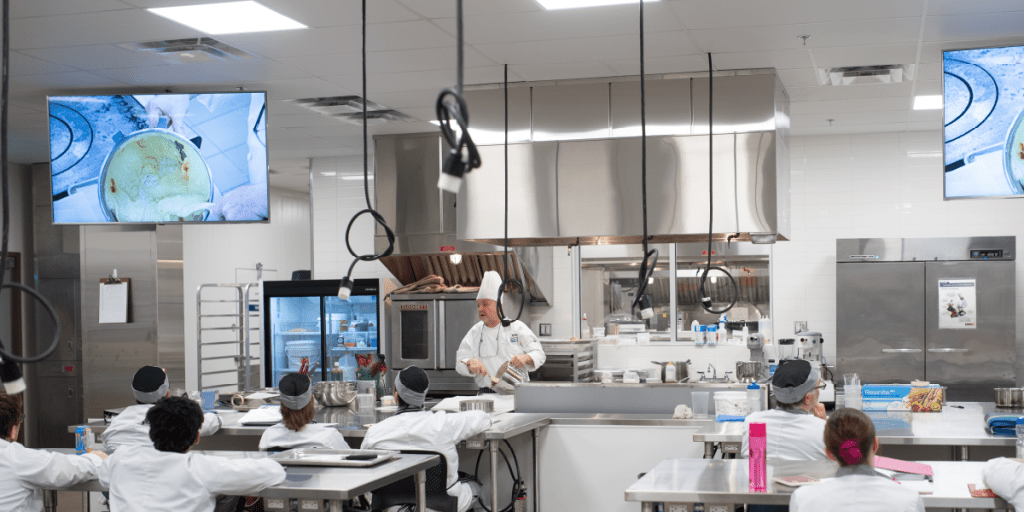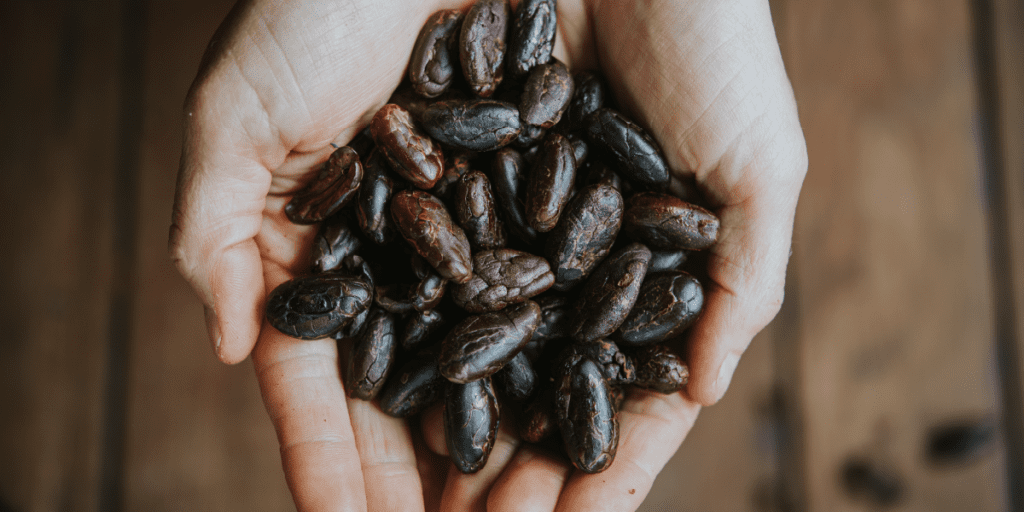I like to refer to Vancouver Island as my beautiful corner of the world. Having grown up here in Campbell River, I am very familiar with the farms dotted along the Old Island Highway between our community and Courtenay. I have been driving that stretch of road since I can remember, admiring the landscape and counting cattle in grassy fields as we pass. I even remember how excited I was to learn that one of those farms had brought in emus! I didn’t even know what an emu was until I saw it from our car window.
There’s something about the agricultural community here that makes our region so special, and lately, I have noticed a real shift in how consumers are connecting to their food. It’s funny, the farms have always been here, but now more than ever, I feel the connection between those farmers and the end consumer. With restaurants embracing the local food movement and markets bustling with creative chefs, it seems that seasonal, local ingredients are hitting our plates–and mouths–easier than ever.
Farmers like Mariette Sluyter and her partner Brian Padlewski, who own one of four farms that work together in the Merville Organics cooperative, are a big part of growing and supplying those local ingredients to the people in their community. She is passionate about building local food systems and food security right here on the island. “You can feel better about the food you’re eating when you can meet the farmers and know their practices,” she says.
“You trust them.”
I feel like my own personal path to purchase has transformed in recent years. Now when I visit a grocery store, I’m thinking twice about picking up that out-of-season avocado that has travelled 4,000 kilometres to reach me. For individuals like me, working conditions, ethical practices, and climate change have all become factors in deciding what we do and do not purchase. “When our food is being grown and processed so far away, it allows more opportunities for problems,” says Sluyter. “Proximity is really important to trust, and it benefits all of us in the end. Our community gets stronger.”
Among many of Merville Organics’ direct sales clients is OX Chophouse in Campbell River. I spoke with Executive Chef Ashton Ransome about the heightening awareness of food transparency in our community. “With more information on nutrition becoming available, diners are making more informed decisions about what they are eating,” he says. “People are starting to look deeper at what impact they can make supporting local, and offsetting their carbon footprint through their dietary choices.”
OX is one of many new restaurants in our region who are making the choice to support local farmers and fishers over commercial wholesalers, and choosing seasonably fresh ingredients from local suppliers is at the core of their values. “As we are more aware of climate change and specifically the role agriculture plays, it has become an expectation to be a more conscious restaurateur,” says Ransome. “People are using their money to make a statement, and their choices often reflect a desire to support local businesses, along with those that mitigate their environmental impacts.”
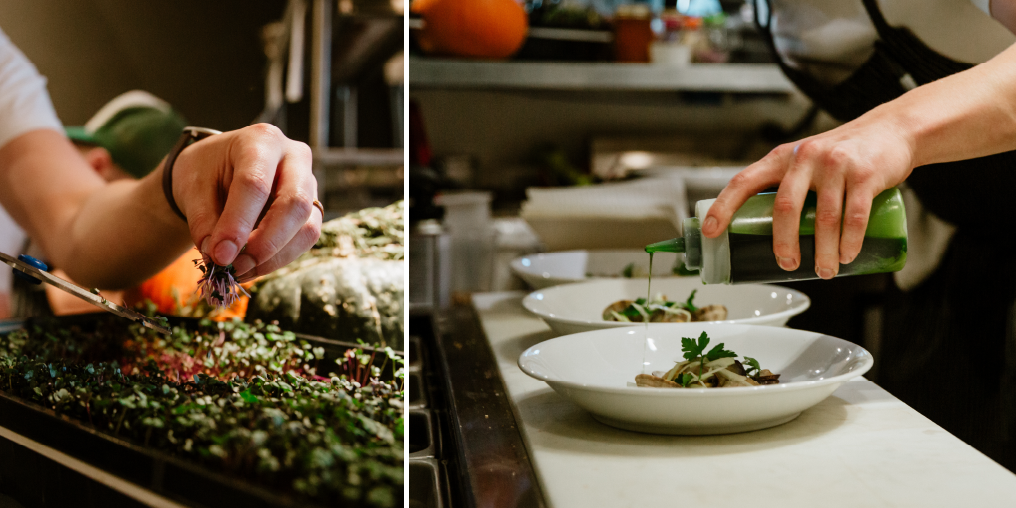
Land-based farms aren’t the only suppliers who are being impacted by change in the food industry. I spoke with Melissa Collier, who runs West Coast Wild Scallops alongside her husband Joel, a fourth- generation fisherman. They are members of the Out Landish Shellfish Guild, which brings together eight family-owned shellfish farms throughout the Discovery Islands. Their swimming scallops’ fishery has moved away from traditional practices of selling to processors, and instead now sells directly to distributors and restaurants like Out Landish and OX. “I have a personal interaction with every distributor we work with,” she says. “We’re a small vessel, a family-run business, and it cuts out the middleman. It simplifies the food chain.”
There is still a lot of work to do in regards to food security and sustainable fishing in our region, but with more businesses advocating
for change, I see a bright future ahead. Collier shared with me the struggles they have faced with working towards more sustainable practices. “It’s not just what’s required to maintain ownership, store, transport, and sell your own fish. It’s that this all takes time away from the water, and the fishing itself.” Working with new regulations and competing against wholesalers’ prices makes for a challenging road ahead. “I think people want to support the fishermen and just don’t know how,” says Collier. “They call it slow food for a reason. It’s moving so slowly that it can’t support many of us at this point.”
If we continue to demand transparency and information about where our food comes from, we can ensure a sustainable and ethical future for our community. By educating ourselves in our surroundings, we will inevitably appreciate our beautiful corner of the world even more. By creating businesses that work in synergy with our agriculture and lifestyle, we are benefitting from a higher level of nourishment and a stronger connection to what we put in our bodies. And above all else, as Ransome states, “it just tastes better.”

